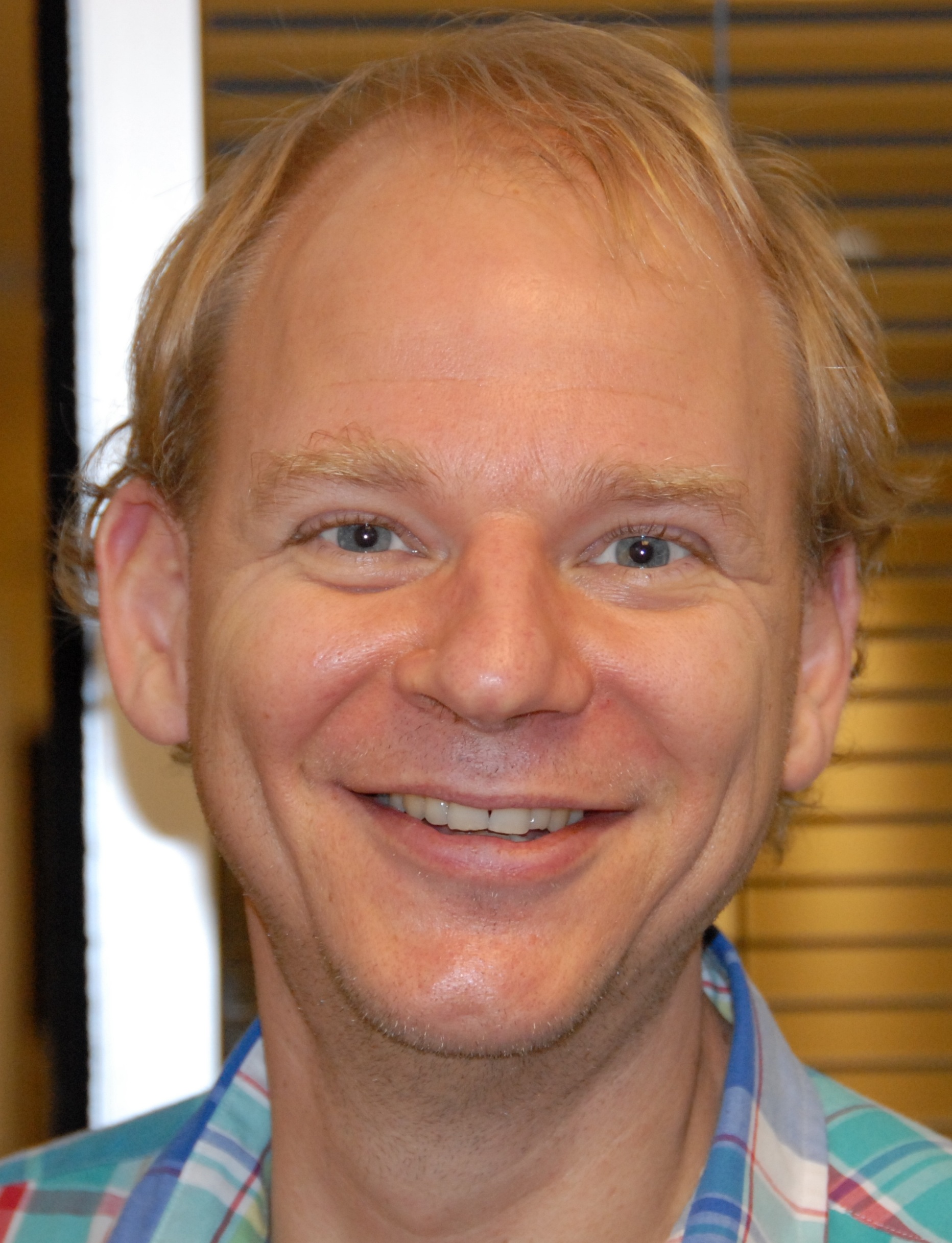Erik Meijer
Iconoclast, Master of Duality, Creator of LINQ, RX Lead and Prof of Cloud Programming @ Delft Technical University
Microsoft

Erik is a Dutch computer scientist, programmer, software architect and leader of a cloud programmability team at Microsoft; and Professor of Cloud Programming at Delft Technical University. His accomplishments include major contributions to C#, the design of LINQ and Rx Reactive Extensions recently open sourced by Microsoft. He research at Microsoft has included work on Volta, CLR to JS; CoSql and democratizing for the cloud. Prior MS Erik was an active researcher and developer in the Haskell community. His talks are always challenging and entertaining. In every talk he show difficult practical problems can be addressed through simple and elegant solutions. Erik has twice been recognized by his peers as one of MS most valued and respected engineers

Erik Meijer is Giving the Following Talks
Monads for the People
Monads (or "triples", or "standard constructions") were invented by Category Theorists around 1960, discovered as a tool for modularizing denotational semantics in 1991, and adopted by the Haskell community immediately thereafter. Now, after more than half a century, the programming community at large is finally ready to embrace monads. Scala, JavaScript, C#, Java, Closure, Erlang, Python, Ruby, Perl, PHP, you name a language and chances are that someone will have written a monad library for it. Yet many developers still consider monads as an esoteric feature, believe they have to do something with "side effects", or simply use them as a source of "clever" puns.
In this talk. we will explain how every developer could, and probably should have, invented monads herself. In fact, we will present not one, not two, but at least 5 reasons for everyone with at most an AP Computer Science to experience extreme face palm for not having come up with monads themselves. This is the last talk you ever need to hear about monads. Afterwards, you will be able to elucidate a complete stranger about monads in less than 60 seconds. Guaranteed, or you get your money back.
